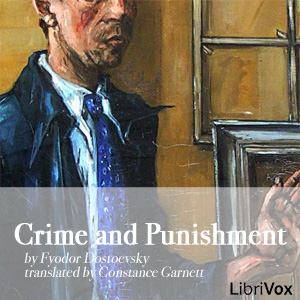- Dedication and Preface
- On the Oppressor's Side Was Power
- The End Is Not While We Can Say, 'This Is the End.'
- The Quality Of Mercy Is Not Strained
- Till We Meet Again
- There Are Swift Hours In Life
- The Massive Gates Of Circumstance
- He Laughs Best Who Laughs Last
- The Best Laid Plans Of Mice and Men
- Do Them - Or They'll Do You
- It Is the Unexpected That Happens
- But When To Mischief Mortals Bend Their Will
- Beyond the Infinite and Boundless Reach Of Mercy
- Why the World Are All Thinking About It
- There Are Several Ways To Kill a Cat
- A Consistent Liar Is the Devil Incarnate (Part 1)
- A Consistent Liar Is the Devil Incarnate (Part 2)
- I Cannot Tell What You and Other Men Think
- It's An Ill Wind That Blows No One Any Good
- The Devil Incarnate Would Still Be Partly Human
- Life Is a Disease Of Which Sleep Relieves Us
- Oh, What a Fall Was There, My Countrymen
- For, Some Days Must Be Dark and Dreary
- The Telling Of It All Lets In a Flood Of Light (Part 1)
- The Telling Of It All Lets In a Flood Of Light (Part 2)
- The Recording Angel Causes All the Trouble
- Dust To Dust! Ashes To Ashes
"The Recording Angel," by Edwin Arnold Brenholtz, is one of the earliest examples of an American proletarian novel, a work intended to promote social reform or political revolution among the working classes. The story's themes of economic inequality between producers and consumers, political collusion within the upper classes, and the loss of the middle class ring particularly true today, especially in a global context. Billed as a "romance of the future," the plot of this fictional account of class struggle between workingmen and trust magnates of the new industrial economy hinges on a unique electric machine, which did not exist in 1905, but is quite common today. Besides writing at least four books, the author was a prolific poet and frequent contributor to the International Socialist Review. He corresponded with a variety of personalities, including the poet Edwin Markham, labor leaders Theodore and Eugene Debs, controversial activist and minister George D. Herron, and writer Samuel Clemens. - Summary by Andru Bemis
There are no reviews for this eBook.
There are no comments for this eBook.
You must log in to post a comment.
Log in











